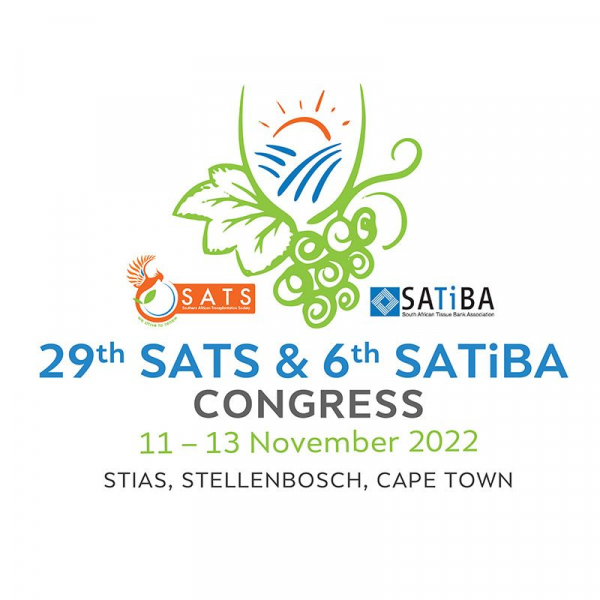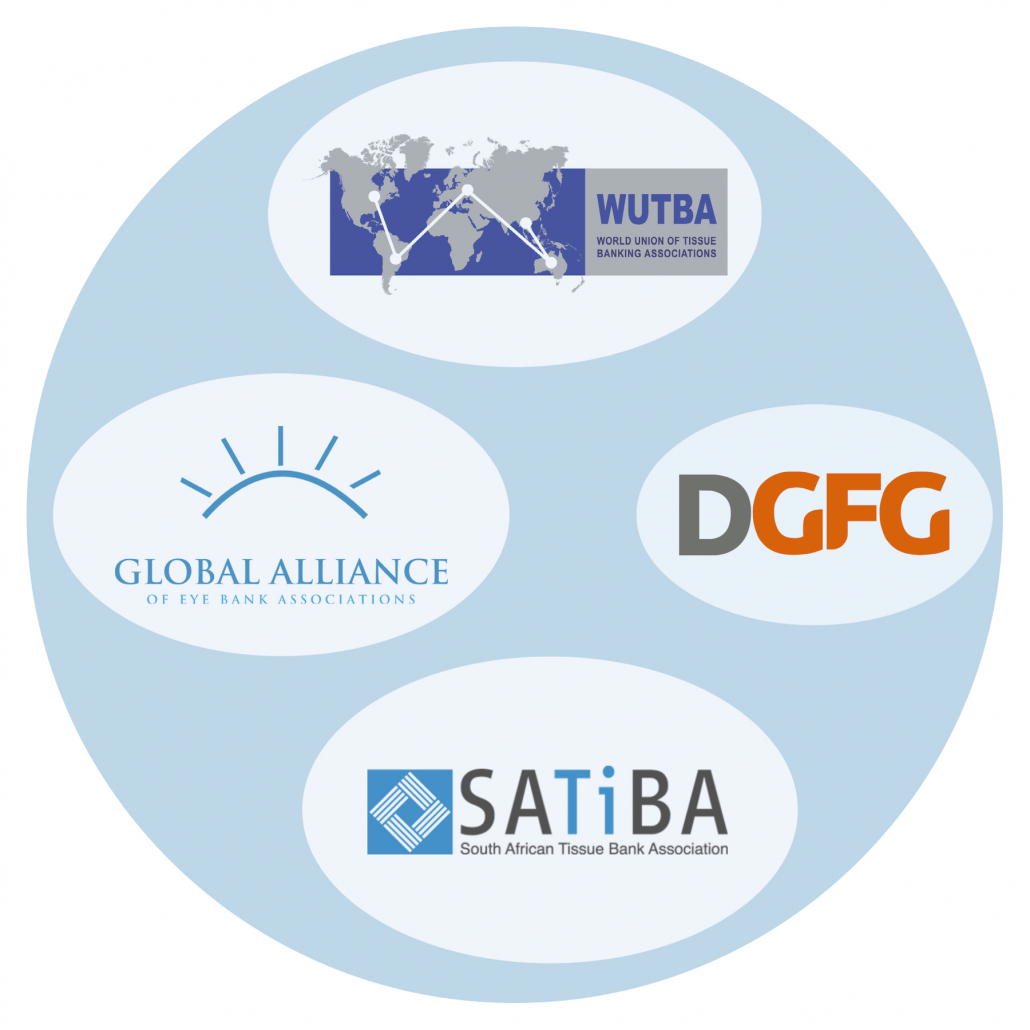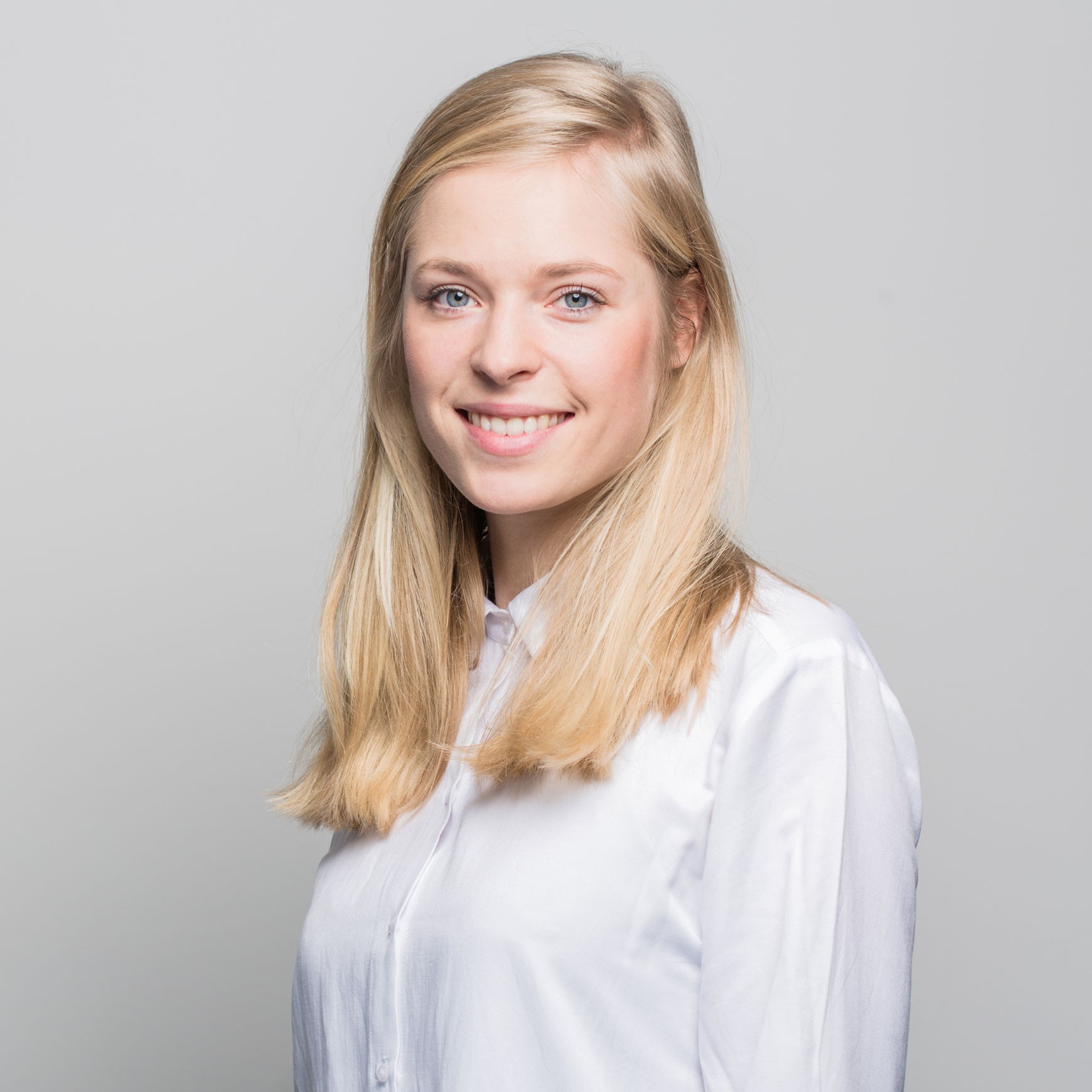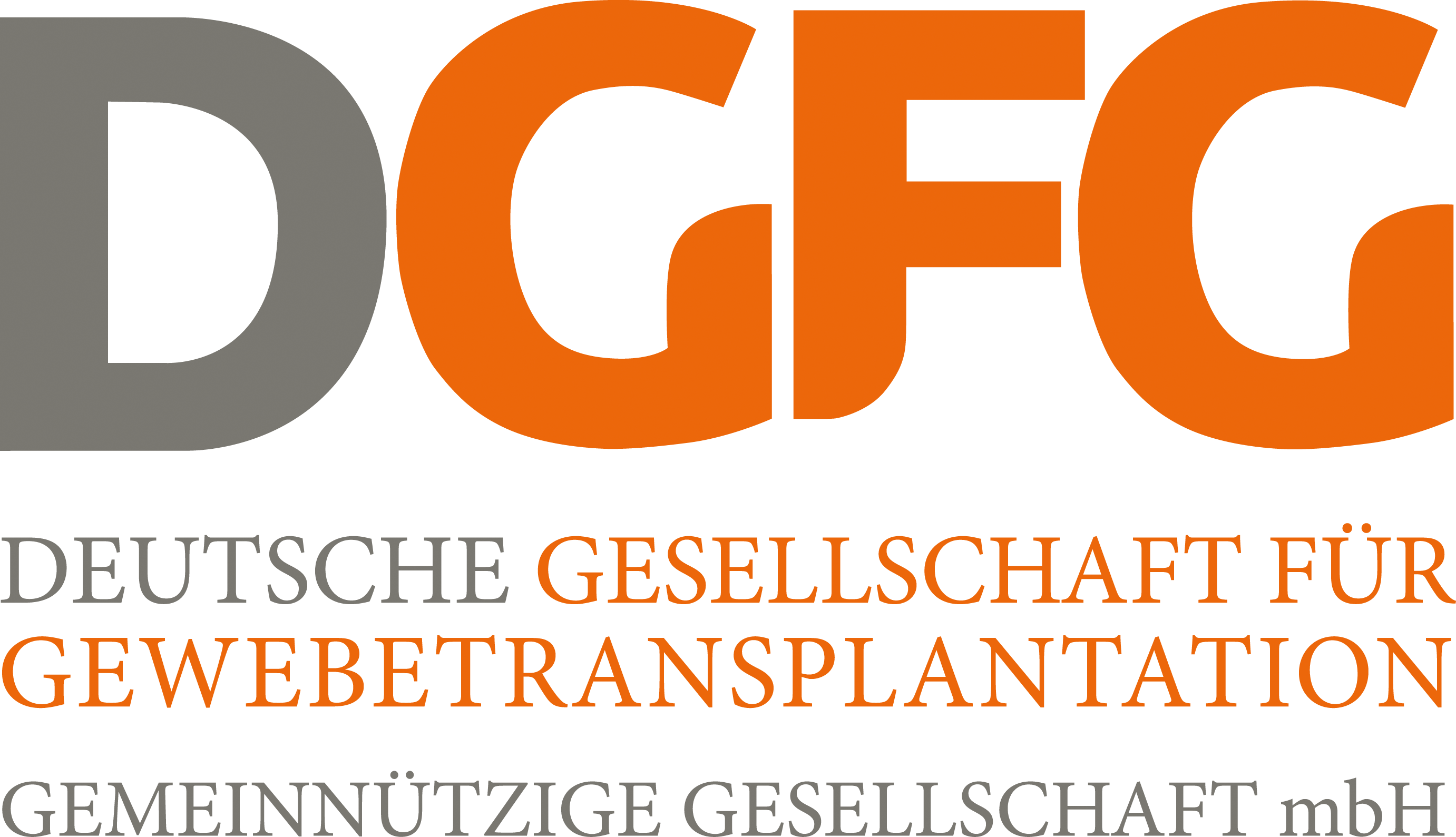Only strong together in the fight against corneal blindness in Africa
Experts come together for the first time for international exchange meeting to promote tissue donation in Africa
On November 13, 2022, an exchange meeting to promote tissue donation in Africa will be held for the first time as part of this year’s annual meeting of the South African Tissue Bank Association (SATiBA) in Stellenbosch/Cape Town. This meeting is organized by the World Union of Tissue Banking Associations (WUTBA) together with the Global Alliance of Eye Bank Associations (GAEBA) and the German Society for Tissue Transplantation (DGFG). The aim is to share knowledge and experience in setting up donation programs and tissue banks by organizations worldwide, to bring together local experts from Africa, to bundle synergies and to raise awareness of society, politics, and other multipliers on the topic of tissue donation.
The vision: The end of corneal blindness. With the help of sustainable patient care that is self-sustaining from within the country.
Again and again organizations like the DGFG from Hannover, the largest nationwide tissue donation institution in Germany, receive requests for corneal transplants. Many of these requests come from African countries which, due to the lack of a donation program, are dependent on imports of corneal transplants from countries such as the USA, and occasionally also from Germany. This is a solution that is only available to a few African patients and cannot work in the long run. What is needed instead is a reliable cross-border patient care structure. Only the establishment of a long-term self-sustaining program for donation, processing and transplantation of corneas opens up independence for affected countries. Therefore, the DGFG strives to establish a platform that brings together those seeking help as well as supporters: an open, location-independent space that allows knowledge transfer, hands-on help and reliable networking. This is exactly where the exchange meeting on November 13 comes in.
Organizations from Germany and Australia enable ten African experts to attend the conference
In order to have experts also from African countries on site at the exchange meeting and to enable a personal exchange on the topic of tissue donation, financial support was necessary. Among the sponsors supporting the initiative of DGFG, WUTBA and GAEBA are the Cornea Help association, the German Relief Fund for the Blind (DBHW), Lions Club Wedemark, Foundation of the German Lions and Lions Clubs International, Geuder AG, KL medical GmbH, the Eye Bank Association of Australia and New Zealand (EBAANZ) and the Global Alliance of Eye Bank Associations (GAEBA) itself. Together, they are funding the conference fees, airfare, and hotel costs for the ten Africans through travel grants. We would like to take this opportunity to express our special thanks to all our sponsors.
Background of the exchange meeting to promote tissue donation in Africa
The cornea is our window to the world. If it is injured by thorns, fire or chemical burns or if a corneal disease is present, people are at risk of going blind. The only way out is a corneal transplant – a therapy that is almost impossible to achieve for many Africans nowadays. While other diseases can be treated with the help of simpler therapies, medications or glasses, the situation with an injured cornea is much more complex. The reason: You need a tissue transplant, donated from a deceased. Furthermore, a functioning system of collection centers, tissue banks as well as trained personnel for corneal donation, preparation of the transplant as well as surgery, pre- and post-operative care of the patients in the country is needed.
Behind every transplant are people who have agreed to donate tissue after death: a human good that is finite. While in countries like the USA or Germany patients can be provided with a corneal transplant after a certain waiting period, people in Africa without an independent local donation program may wait a lifetime. The result: exclusion, unemployment, lack of education and future prospects.






